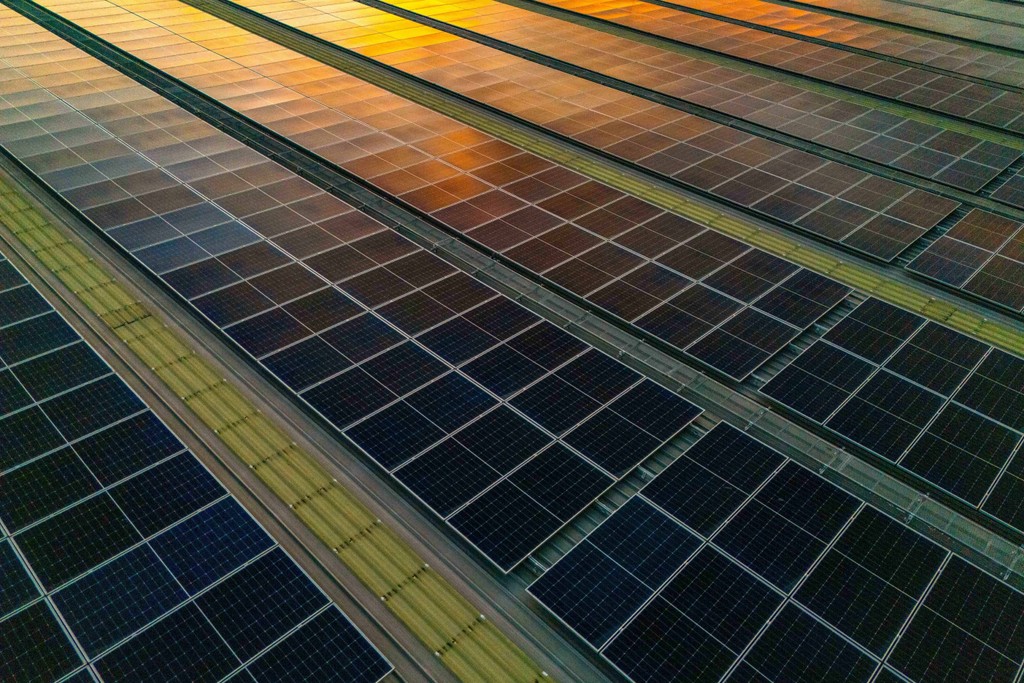By Victoria Cuming, Head of Global Policy, BloombergNEF
More effort is needed: that’s likely to be the conclusion of the first “stocktake” on global progress toward the Paris Agreement’s goals. That’s not much of a spoiler. But what will determine whether the COP28 summit is a success is whether parties can agree on bold, specific recommendations that drive governments to ratchet up their climate plans. Negotiators also need to overcome relic divides to advance on finance, fossil-fuel phase-outs and carbon markets.

- The UN summit is expected to score just 3.6 out of 10 on progress across 10 key areas crucial to realizing the goals of the Paris Agreement, based on BloombergNEF analysis.
- Few governments have 2030 emissions targets in line with limiting global warming to 1.5C – indeed, only three members of the G-20. This should spur parties to agree to fulfill bold policy recommendations as part of the first global stocktake, as defined by the Paris pact. Countries will then need to pledge more ambitious climate targets by 2025.
- If history is anything to go by, this is unlikely. Parties would need to focus less on “national circumstances”, as seen at the 2023 G-20 summit. To spur emerging economies to issue more ambitious plans, developed nations could take the lead and commit to do so by COP29.
- They could also rebuild trust by delivering the long-awaited $100 billion in climate finance, which was due in 2020. In a turn-up for the books, BNEF considers this to be the most likely metric to be achieved at this year’s talks.
- As part of the United Arab Emirates’ “Action Agenda”, a raft of sector-based initiatives will be announced. Parties will likely shy away (again) from committing to phase out unabated fossil fuels, opting for the less convincing “phase down”. The host may push for a pledge to triple renewables capacity by 2030. But this could well be watered down, as seen at the G-20 summit.
- An even less likely outcome is that parties resolve disagreements to activate the new loss and damage fund – one of the few successes of COP27 – or the new global offset program (Article 6.4) with a set of stringent standards to deliver environmental integrity.
- There’s a 50:50 chance that negotiators make substantive progress on the global goal on adaptation and the new climate finance target to enable agreement at COP29, as planned.
BNEF clients can access the full report here.






